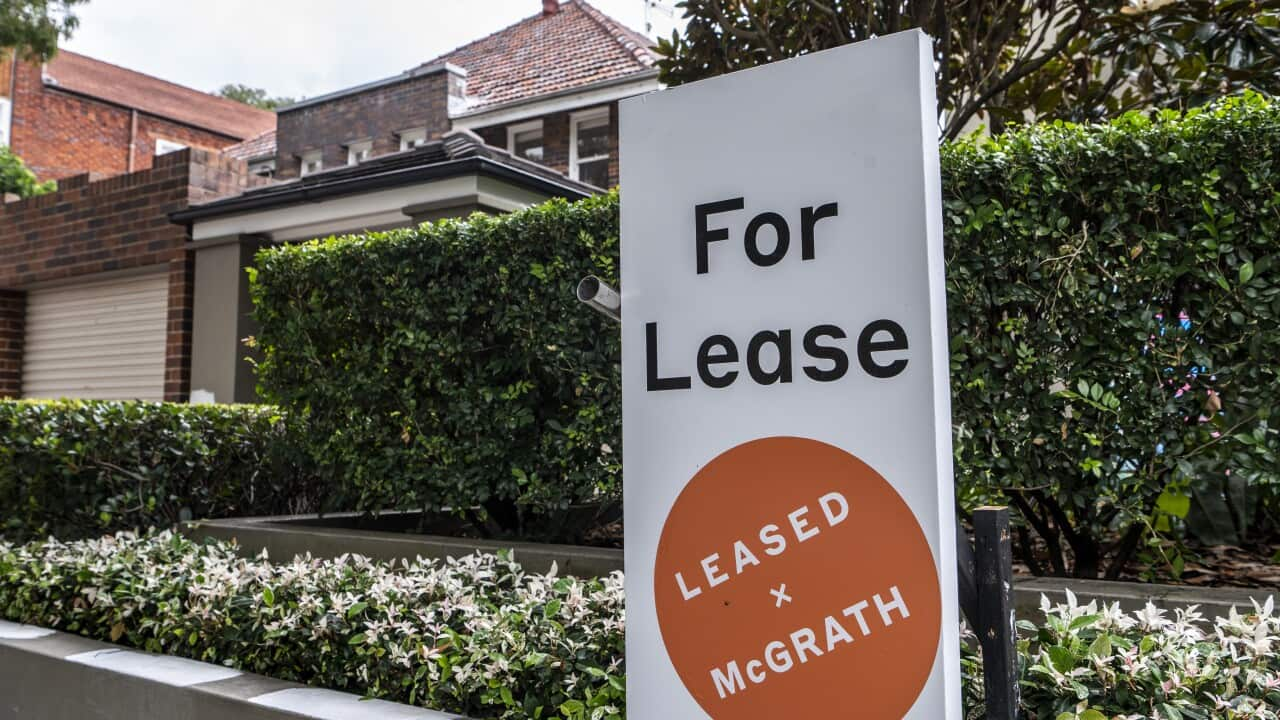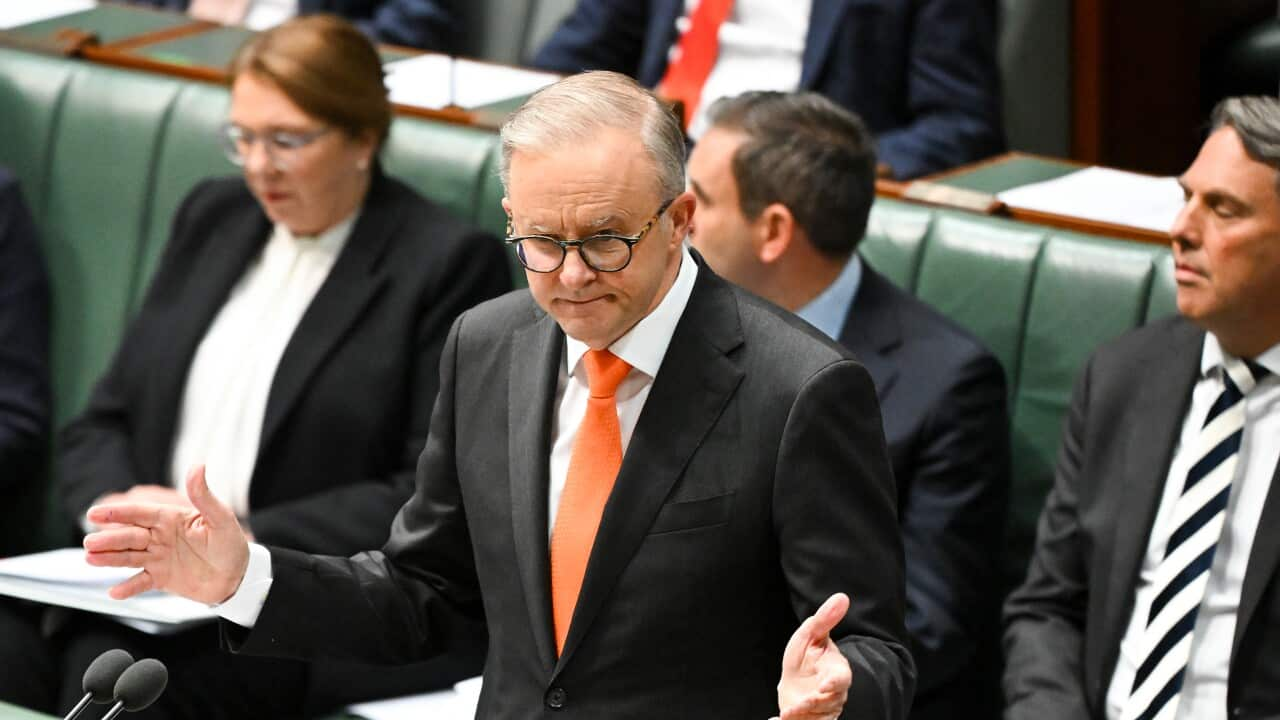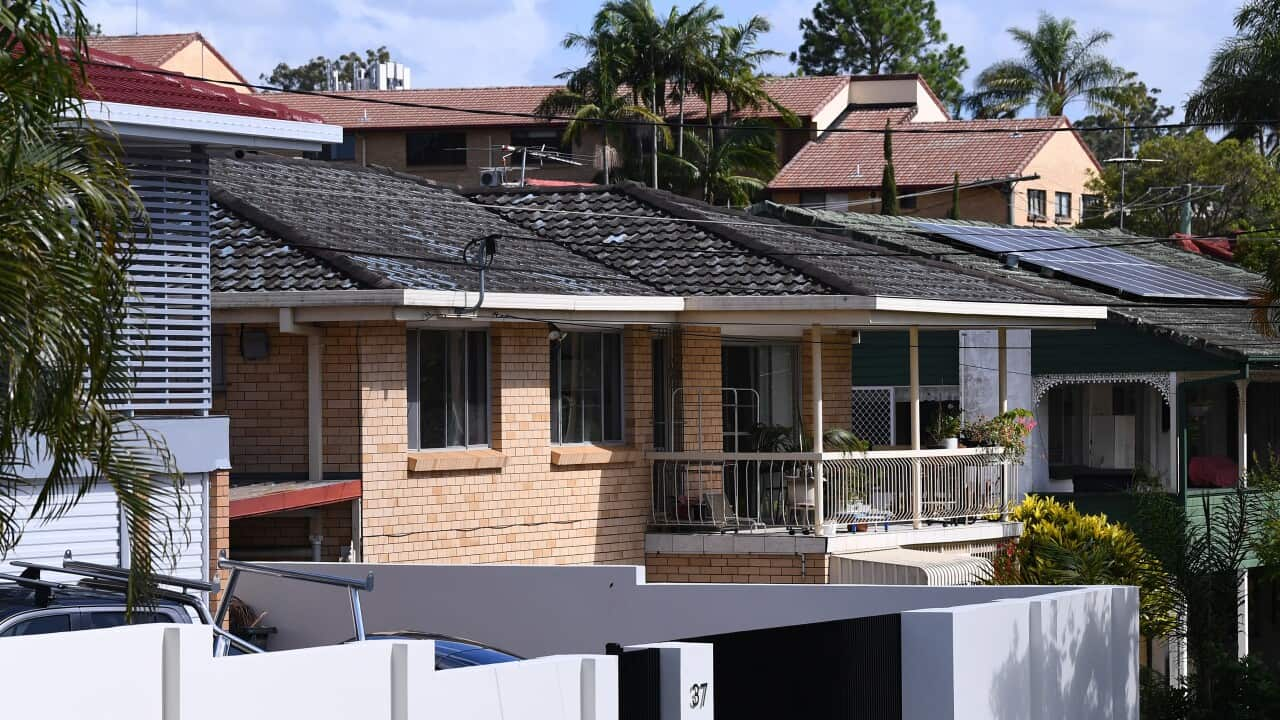As Labor and the Greens continue to clash over how to fix the housing crisis, questions have been raised over whether the government could face a double dissolution election.
Last week, the Greens successfully deferred a Labor bill to establish a Housing Australia Future Fund until October by voting with the Coalition to set up a Senate inquiry into the rental crisis.
"This is a crucial part of building pressure on the PM, who doesn’t think it’s his job to protect the millions of renters across the country," .
The government's housing bill has now been delayed twice, and could be the trigger required to call a double dissolution election.
Here's how a double dissolution election works, and what could happen next.
What is a double dissolution election?
A double dissolution is a procedure permitted under the Constitution to resolve deadlocks in parliament.
In a double dissolution, the Governor-General dissolves both the Senate and the House of Representatives at the same time, meaning every seat in Parliament is contested.
This is the only time all senators stand for election at the same time.
A double dissolution can only happen when certain triggers have been met, and usually occurs at the request of the prime minister.
The Governor-General has dissolved the Senate and the House of Representatives simultaneously in accordance with section 57 of the Constitution on seven occasions.
These took place in 1914, 1951, 1974, 1975, 1983, 1987, and 2016, when Malcolm Turnbull was prime minister.
Could the housing bill trigger a double dissolution election?
The government has sought advice about whether the Greens' action to delay the passage of the bill could trigger a double dissolution election.
But whether or not it will actually happen remains unclear.
Speaking on ABC's Insiders on Sunday, Australian Financial Review columnist Jennifer Hewett said she did not think the Albanese government would seek a double dissolution election.
"Absolutely no ... you will halve the percentage required to get elected to the Senate, for a start," she said.
"So that only increases the likelihood to get more independents and others in the Senate."
Mark Kenny, professor at the Australian Studies Institute at the Australian National University, said a double-dissolution election could also present risks for the Greens.
"All of the Greens senators and its new Lower House holdings would all be up on the table as once and they could theoretically go backwards," he said.
"Mind you, they could go forward too, for the exact same reason, because the quota is lowered, it is halved ... I don't think it is very realistic."
Prime Minister Anthony Albanese said while he believed governments should serve their full term, he would wait and see what the Greens do next.
He accused the party of waiting to vote on the housing bill , despite knowing that wasn't going to happen.
"This isn't a campaign opportunity, this should be a policy solution," Mr Albanese told Sky News on Sunday.
"All state premiers and chief ministers are focused on supply and they know that's the key to fixing affordability and to assisting people who are renting."
How did we get here?
Labor's Housing Australia Future Fund would support the construction of 30,000 new social and affordable housing properties in its first five years.
The Coalition and much of the crossbench have taken issue with the fund, and the Greens have said the plan provides inadequate funding and does nothing for renters.
Both Labor and the Greens have made concessions since the bill was first introduced, but the bill has now stalled in the Senate until at least October.
The minor party wants the government to initiate a national freeze or caps on rent price increases and better-directed funding for social and affordable housing.
Housing Minister Julie Collins said renters' rights will be on the agenda when the prime minister hosts upcoming national cabinet meetings with state and territory leaders.
But the federal government doesn't have the power to initiate a rent freeze and there's "overwhelming evidence" that rent rise caps don't work, she said.
"We obviously want to look at things that do work and the primary thing we're being told is to add to supply and that's what we're trying to do," Ms Collins told the ABC's Insiders program on Sunday.
"We're doing everything we can do to turn this around, it is a very complex thing ... (and) if there was a silver bullet, we would have used it by now."
Ms Collins said the Greens' decision to block the government's housing fund, which had the backing of affordability advocates, would fuel the housing crisis.






